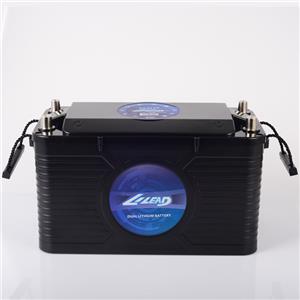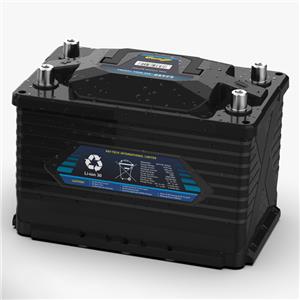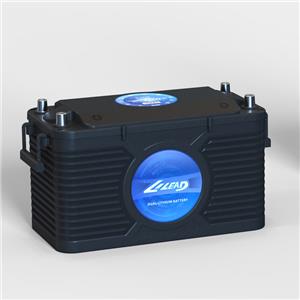Lithium-ion Batteries in Sailboats for Oceanographic Research
Oceanographic research plays a crucial role in advancing our understanding of the world's oceans and their impact on global climate systems. Sailboats equipped with lithium-ion batteries offer versatile platforms for conducting oceanographic research, enabling scientists to collect data on ocean currents, water chemistry, marine biodiversity, and climate patterns. In this article, we explore how lithium-ion batteries are navigating the future of oceanographic research through sailboats.
1. Versatile Research Platforms:
Sailboats equipped with lithium-ion batteries serve as versatile research platforms for conducting a wide range of oceanographic studies. From deploying oceanographic instruments and sampling equipment to conducting acoustic surveys and remote sensing, sailboats provide researchers with flexibility and mobility to explore diverse marine environments and phenomena.
2. Long-Distance Expeditions:
Lithium-ion batteries enable sailboats to undertake long-distance expeditions, allowing researchers to access remote or hard-to-reach areas of the ocean that are inaccessible by larger research vessels. These expeditions provide opportunities for studying marine ecosystems, tracking migratory species, and investigating oceanographic processes on a global scale.
3. Autonomous Data Collection:
Sailboats equipped with lithium-ion batteries support autonomous data collection systems, allowing researchers to deploy unmanned sensors and underwater vehicles to collect data in real-time. These autonomous systems can monitor ocean parameters such as temperature, salinity, and dissolved oxygen, providing continuous observations over extended periods and capturing transient events.
4. Renewable Energy Solutions:
Lithium-ion batteries power sailboats with renewable energy sources such as solar and wind power, reducing the carbon footprint of oceanographic research operations. By harnessing clean and sustainable energy, sailboats minimize environmental impact and demonstrate a commitment to responsible research practices in marine science.
5. Collaborative Research Initiatives:
Sailboats facilitate collaborative research initiatives among scientists, educators, and policymakers, fostering interdisciplinary collaborations and knowledge exchange in oceanography. By bringing together experts from diverse fields, sailboats serve as platforms for addressing complex research questions and informing evidence-based decision-making in marine conservation and management.
6. Educational Outreach and Engagement:
Sailboats engaged in oceanographic research serve as platforms for educational outreach and public engagement, raising awareness about marine science and promoting ocean literacy. Researchers can engage with students, educators, and the public through outreach events, educational programs, and social media, inspiring the next generation of ocean scientists and advocates.
7. Conclusion:
Lithium-ion batteries are navigating the future of oceanographic research through sailboats, providing versatile research platforms, enabling long-distance expeditions, supporting autonomous data collection, promoting renewable energy solutions, facilitating collaborative research initiatives, and promoting educational outreach and engagement. As sailboats continue to play a vital role in advancing our understanding of the oceans, lithium-ion batteries will remain essential tools for conducting innovative and impactful oceanographic research.
With lithium-ion batteries onboard, sailboats are at the forefront of oceanographic research, unlocking new discoveries and insights into the complex dynamics of marine ecosystems. As the demand for sustainable and collaborative research solutions grows, sailboats equipped with lithium-ion batteries will continue to push the boundaries of knowledge and shape the future of oceanography for generations to come.




